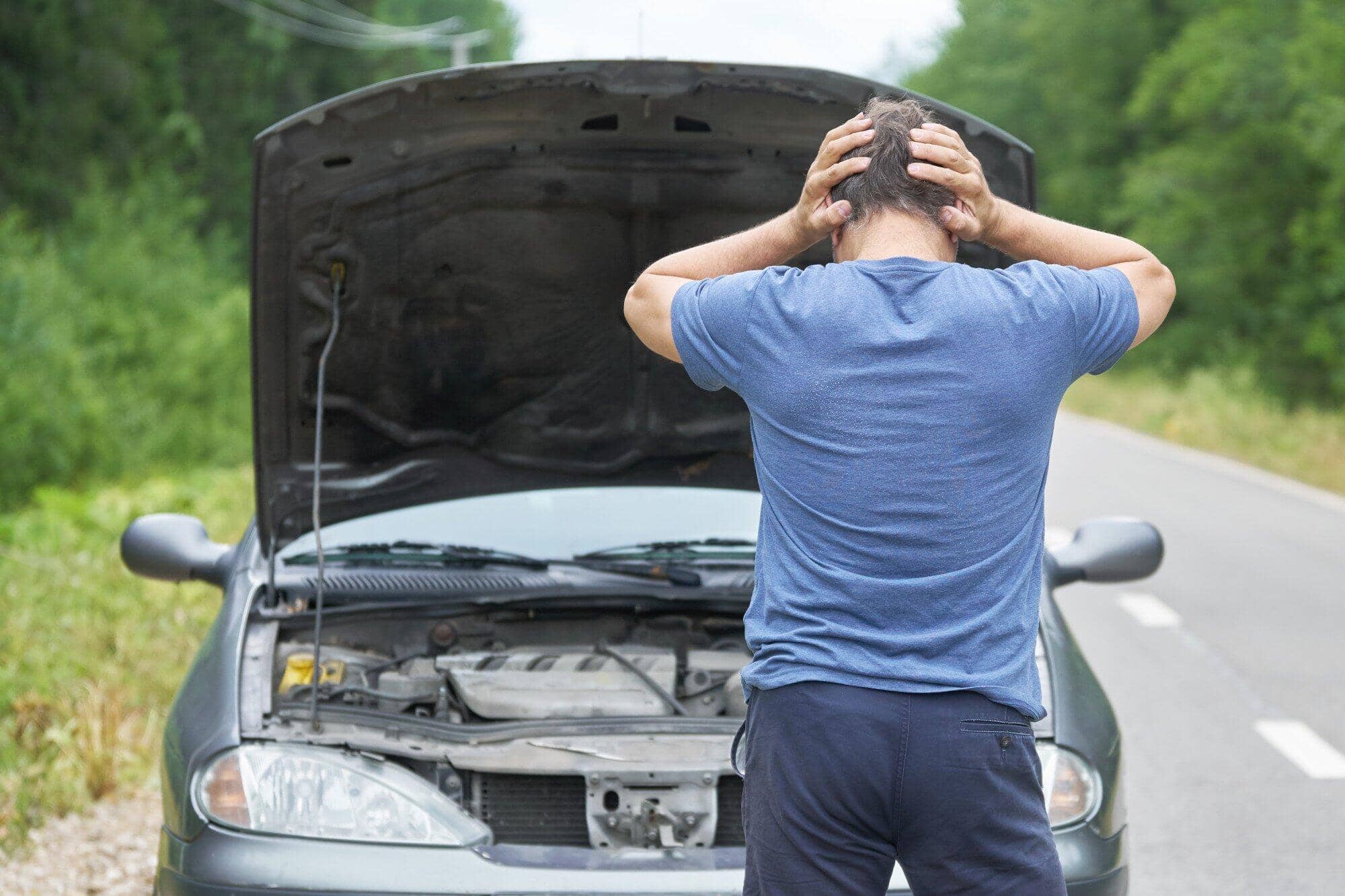Truck accidents are common. A truck is a heavy vehicle that is difficult to maneuver and takes longer to stop on an ordinary day. What about when bad weather hits the road? The situation worsens. As much as drivers usually try to avoid bad weather trucking accidents, certain incidents are inevitable. You may be the most cautious driver on the road but still, find yourself in an accident due to bad weather. So, who takes responsibility for such accidents, and what rights do you have when bad weather is to blame?
Table of Contents
Responsibility Of The Driver In Bad Weather
Bad weather conditions do not exempt a driver or trucking company from liability. When driving a car under poor weather, you must ensure it is in perfect condition and that you are sober as a judge. Negligence is no excuse for truck accidents caused by bad weather.
Drivers should apply reasonable and safe driving when the weather is bad, and the roads are slippery. Drivers should consider the road’s condition, mental state, and vehicle safety. Drivers and the truck company must take full responsibility by ensuring they meet the road requirements irrespective of the weather conditions.
Liability When Driving During Bad Weather
In most cases, everyone runs away from liability. A road accident can result in severe injuries, damages, and death; such outcomes should not be left unattended. The relevant parties should be held liable. Blaming mother nature for an accident doesn’t get you off the hook. It would help if you were accountable and responsible for your actions on the road, whether sunny, snowy, or rainy. According to federal regulations, truck drivers should exercise extreme caution during poor weather conditions. Despite taking extra caution, driving accidents are prone, especially in dangerous weather conditions. Therefore, if need be, reschedule the operation for a better day.
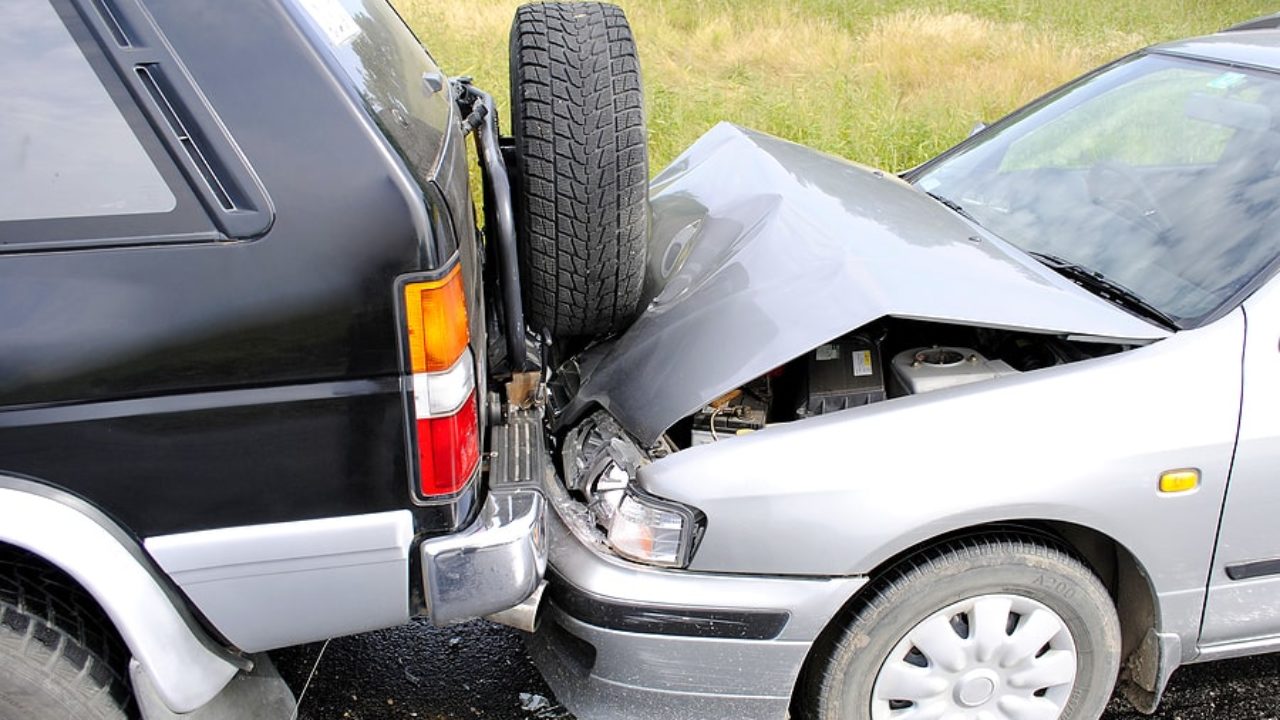
Your Rights If Bad Weather Caused The Accident
A driver should make an informed decision on whether to drive during bad weather or not. If you choose to drive in a storm or extremely bad weather, you should be ready for the consequences. It is not rocket science that you should avoid driving in wind storms, fog, thunderstorms, lightning storms, snow, and other extreme weather conditions.
Your rights as a driver do not change due to bad weather conditions. It would help if you exercised extreme caution on the road to ensure the safety of your life, vehicles, and pedestrians. As a driver, you have the right to cease the vehicle’s operations if the driving conditions are extremely hazardous.
Winding Up
Trucks are usually for commercial purposes and at times have to be on the road irrespective of the weather. It may not be business as usual when bad weather hits the road; therefore, drivers should be cautious. However, applying all these does not guarantee a free-accident trip because sometimes accidents happen when the parts of a vehicle malfunction. Regardless, a driver must make the right decisions on the road, regardless of the weather, even if it means ceasing the truck’s operations.

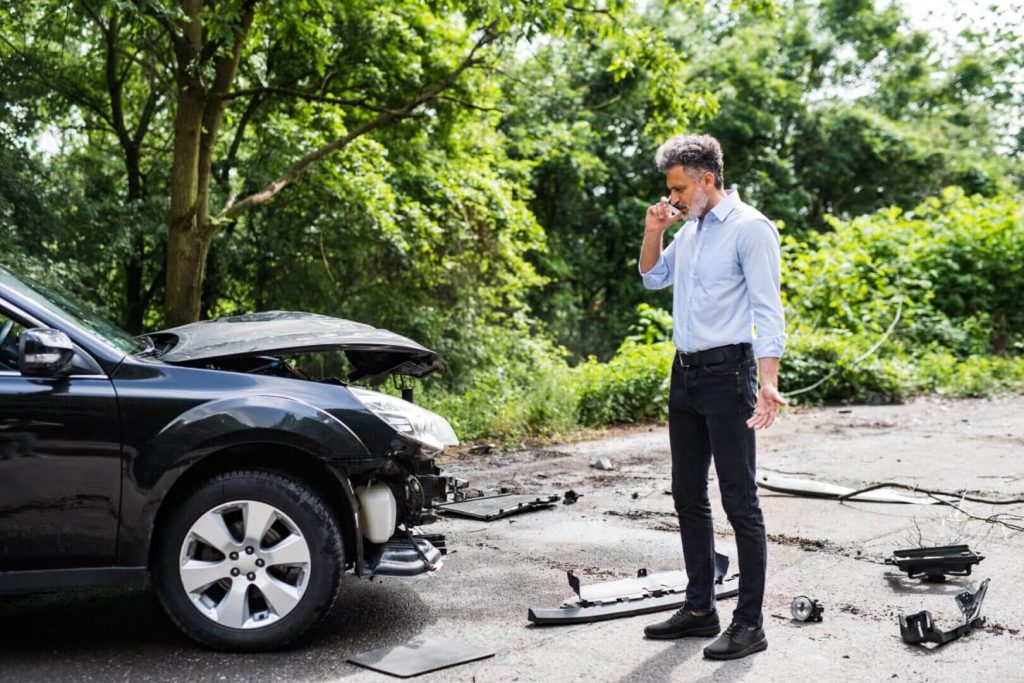


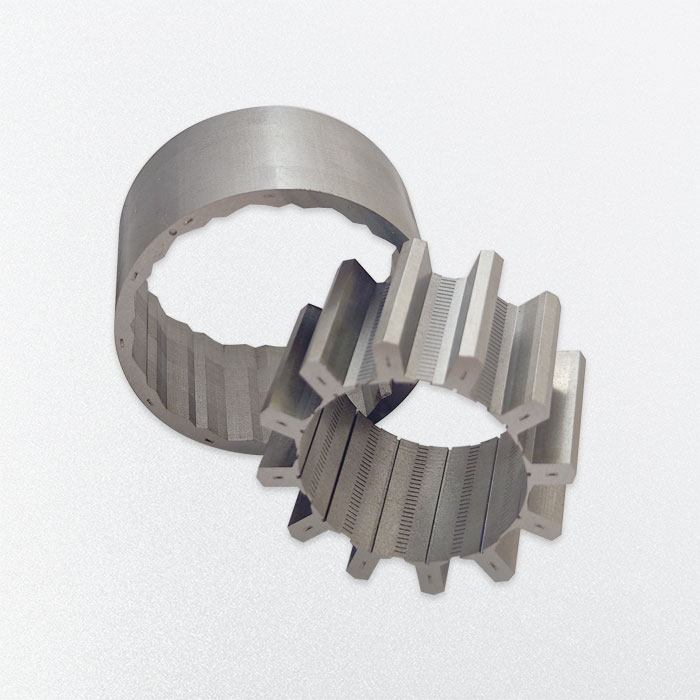


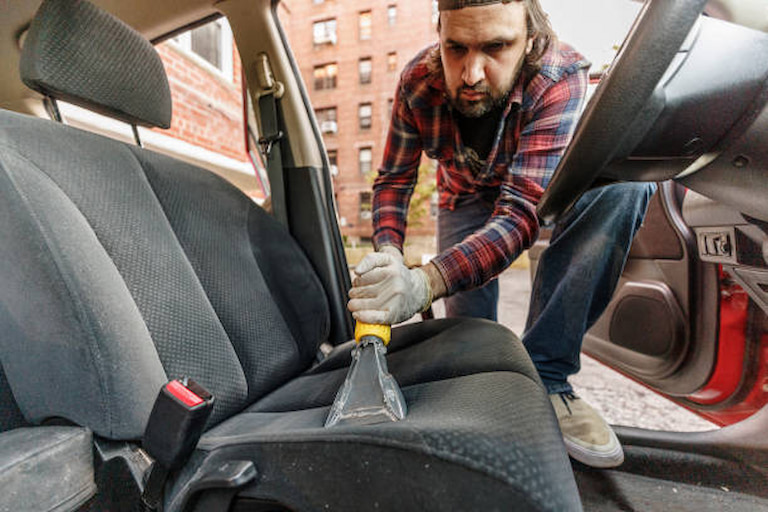




:max_bytes(150000):strip_icc()/GettyImages-522272311-5949bdc15f9b58d58a035319.jpg)
